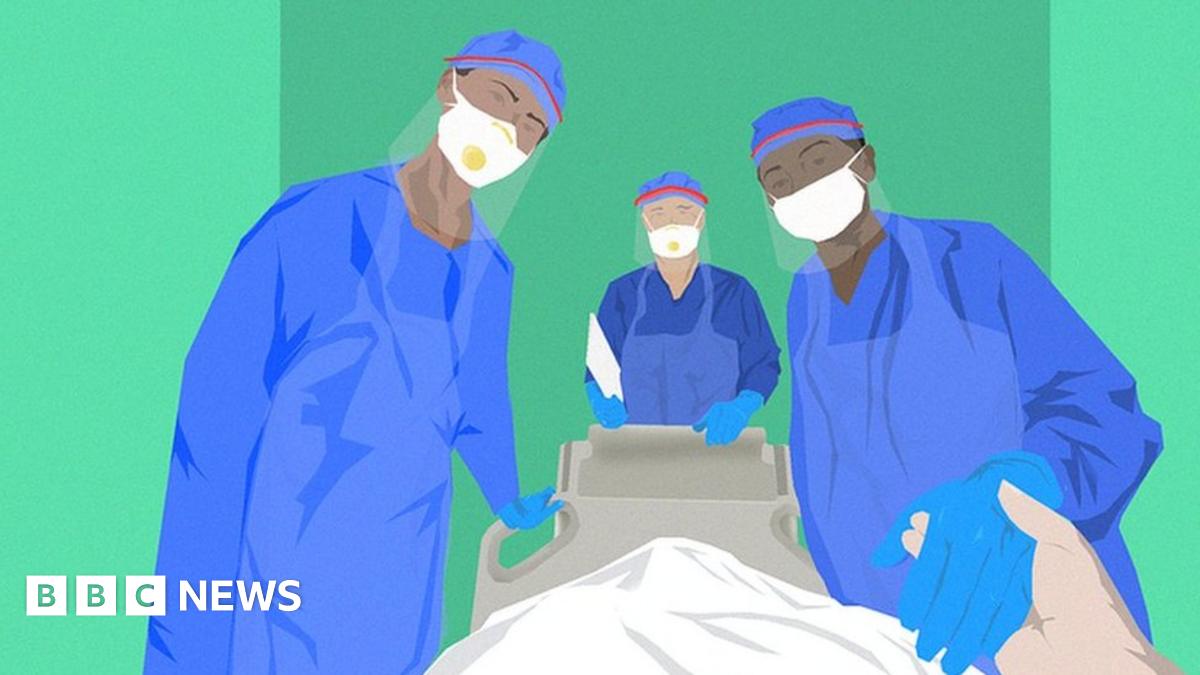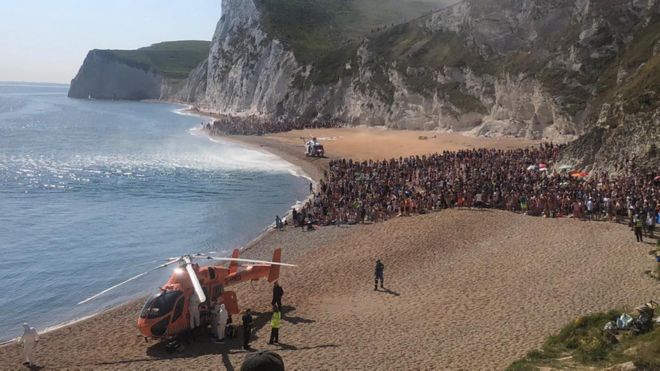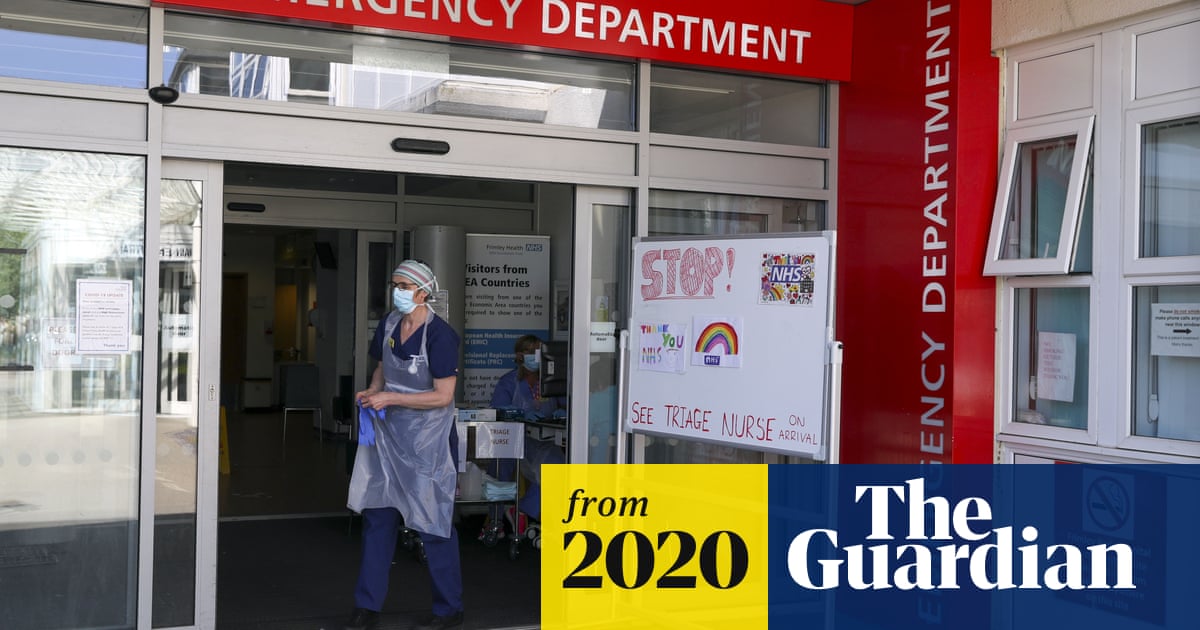Even if we only consider Dryvax (late 1890s) as the first true smallpox vaccine it still took almost a century to eradicate.Ah, Jenner's wasn't a vaccine, it was an inoculation, variolation. It's a different thing.
It was a milder form, cowpox, and that produced enough of an antibody effect that it kind of gave the body a heads up so that when it did meet with the smallpox virus it got into gear to kill it off much more quickly.
As far as I know we don't have anything that works that way with this virus. There were early hopes that having had another in the family might, but I haven't read anything to back that up since.
M
No. Delayed: not stopped.No, it simply needs to be long enough that any new cases can be spotted and isolated and their transmission to anyone else stopped.
And that's a reason not to deal properly and thoroughly with the one we have now ????
[/QUOTE
Of course we continue to try. eventually we WILL have a vaccine. That said, to expect to be able to maintain restrictions for the 2 to 20 years it’s going to take to develop a vaccines (2 years being an optimistic prediction and 20 being pessimistic—-the normal time being usually between 5 to 8 years) is as unrealistic as the idea thatreatrictions and isolation alone will do anything more than delay the spread
edited to add: I think our biggest disagreement is on just what is “properly” dealing with this one. I’m don’t consider futile measure which cause more harm than good particularly proper. Nor legal in our case.
Last edited:










